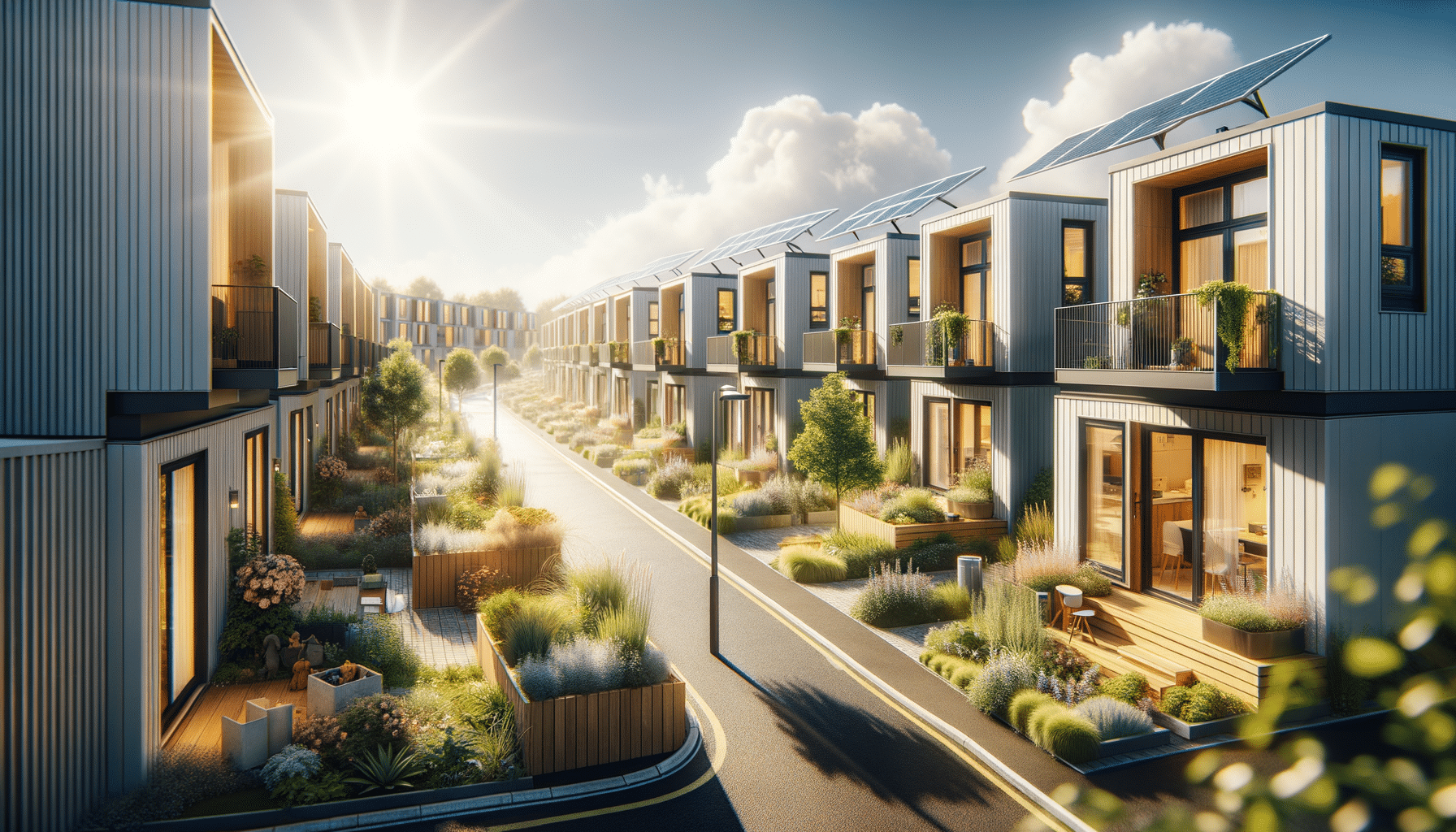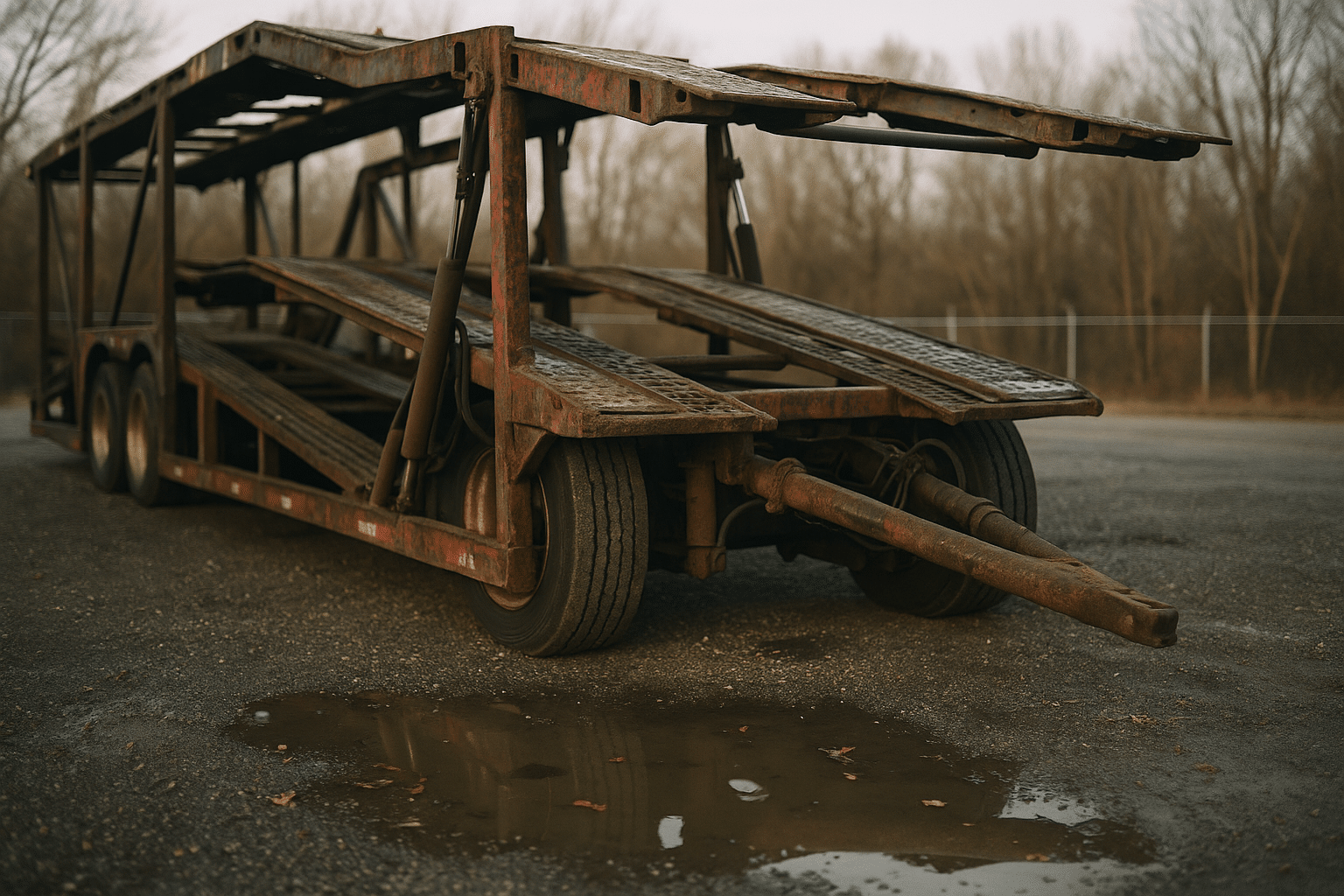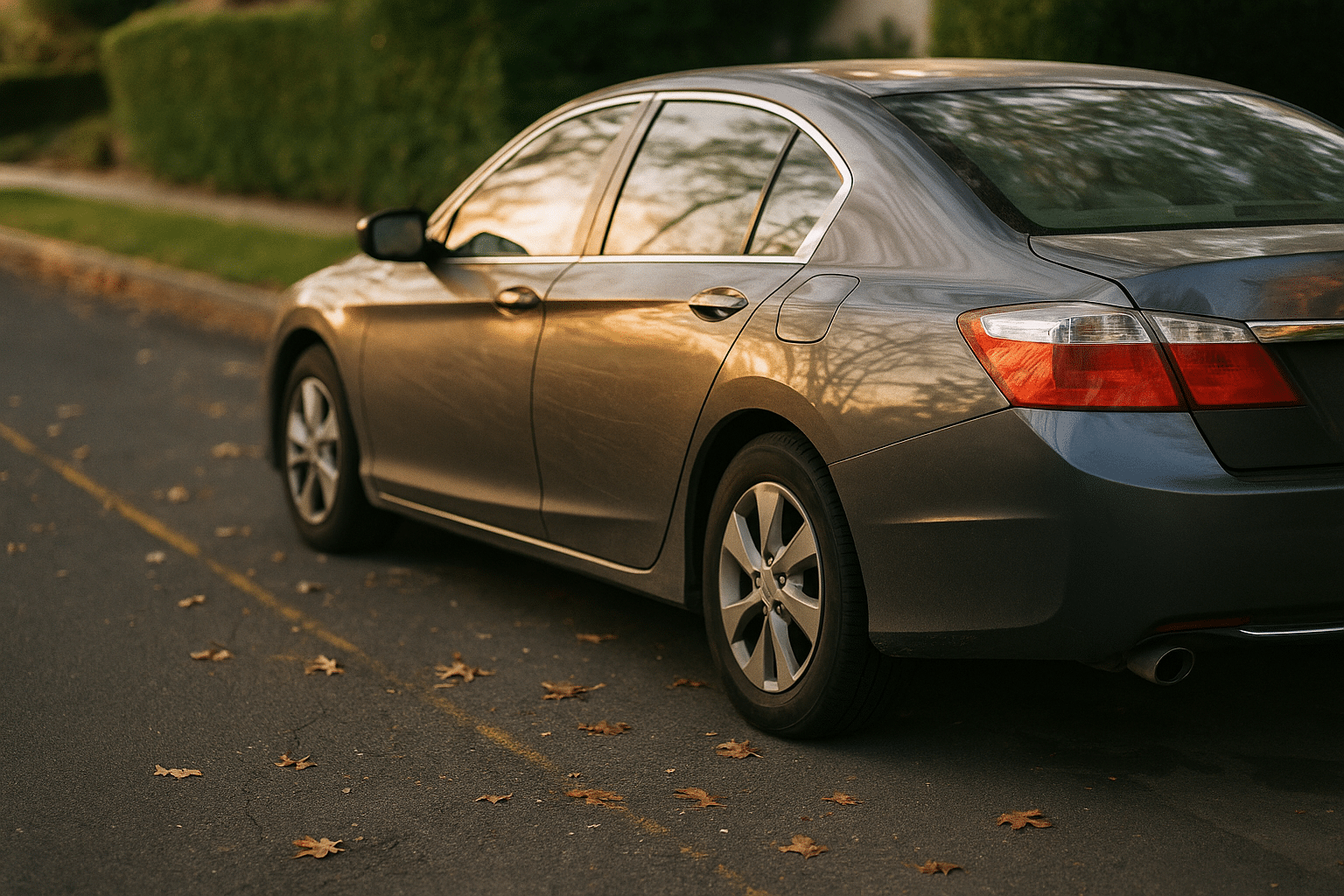
Explore the benefits of Unsold Modular Homes in this comprehensive guide.
Introduction to Unsold Modular Homes
Modular homes, often regarded as a modern solution to traditional housing challenges, have gained popularity for their efficiency and sustainability. However, a unique market niche has emerged involving unsold modular homes. These homes, although constructed with high standards, remain unsold due to various market factors. Understanding the dynamics of this segment can offer potential homeowners and investors unique opportunities. In this guide, we explore the intricacies of unsold modular homes, their benefits, and how they can serve as a viable housing solution.
The Appeal of Modular Homes
Modular homes are constructed in sections or modules in a factory setting, then transported and assembled on-site. This method offers several advantages, such as reduced construction time, minimized waste, and controlled building conditions. These homes are built to meet the same codes and standards as traditionally constructed homes, ensuring safety and quality. Despite their benefits, the housing market’s fluctuations can lead to instances where these homes remain unsold. Factors such as economic downturns, market saturation, or location desirability can influence sales, creating a stock of unsold modular homes.
Cost-Effectiveness of Unsold Modular Homes
One of the significant advantages of unsold modular homes is their cost-effectiveness. Builders and manufacturers, eager to clear inventory, often offer these homes at reduced prices. This situation presents a financial advantage for buyers, allowing them to acquire high-quality homes at a fraction of the cost. Additionally, these homes come with the latest features and designs, providing modern living solutions without the hefty price tag associated with newly built homes. For budget-conscious buyers or investors, unsold modular homes offer an attractive opportunity to own property without compromising on quality.
Environmental Benefits and Sustainability
Modular homes are renowned for their eco-friendly construction practices. The factory setting allows for precise material usage, significantly reducing waste compared to traditional construction methods. Unsold modular homes maintain these environmental benefits, making them an excellent choice for eco-conscious buyers. The energy efficiency of these homes, often equipped with modern insulation and energy-saving appliances, further enhances their appeal. By opting for an unsold modular home, buyers contribute to sustainable living practices while enjoying the long-term benefits of reduced utility costs.
Potential Challenges and Considerations
While unsold modular homes offer numerous advantages, there are considerations to keep in mind. Buyers should assess the reasons behind the unsold status, such as location or market trends, to ensure the purchase aligns with their long-term goals. Additionally, financing options may vary, as lenders might have specific criteria for modular homes. However, with careful research and planning, these challenges can be mitigated. Engaging with real estate professionals familiar with modular homes can provide valuable insights and guidance, ensuring a successful purchase.
Conclusion: Unlocking Opportunities with Unsold Modular Homes
Unsold modular homes represent a unique opportunity in the real estate market, offering quality, affordability, and sustainability. For those willing to explore this niche, the potential rewards are significant. These homes offer a modern living solution without the traditional barriers of cost and construction time. As the market continues to evolve, unsold modular homes stand out as a viable option for those seeking innovative and eco-friendly housing solutions.


